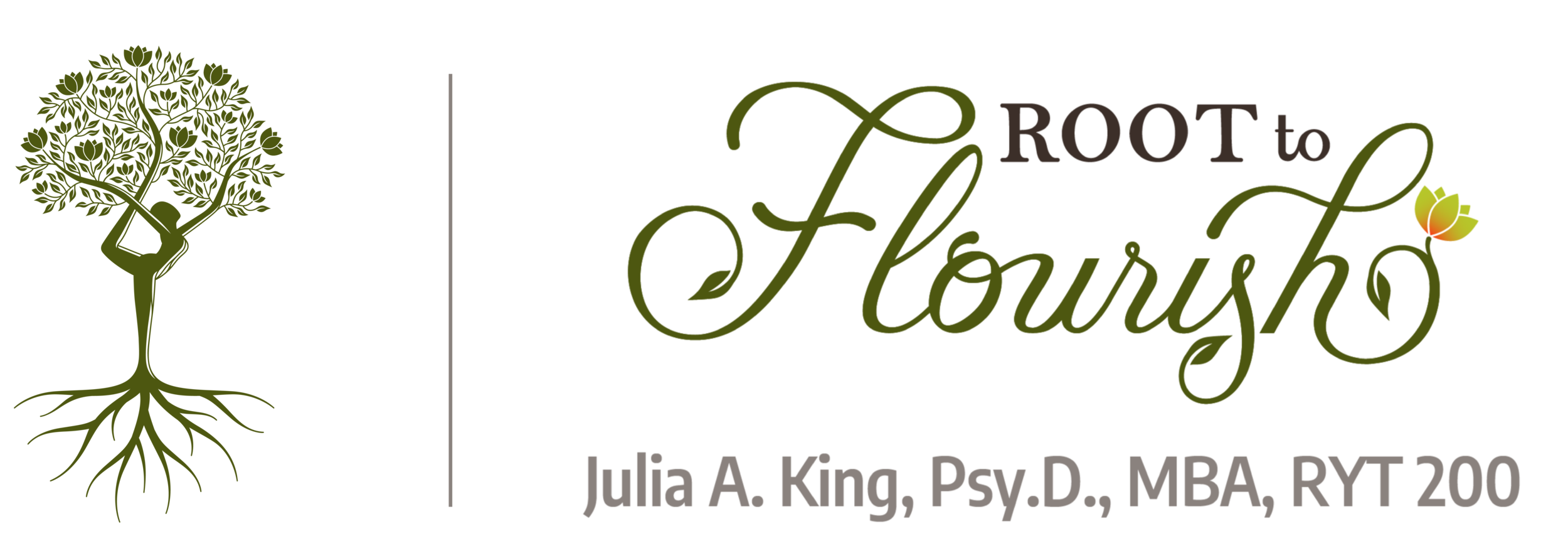Lifestyle Medicine: Treating and Reversing Chronic Conditions with Lifestyle Interventions
Photo by Nina Uhlikova via Pexels
I’m in the process of getting board certified in Lifestyle Medicine!
But … what exactly is ‘Lifestyle Medicine’?
It’s a medical specialty that uses therapeutic lifestyle interventions as the primary approach to prevent, treat - and when used intensively, reverse - chronic conditions, including Type 2 diabetes, cardiovascular disease, and obesity. And, our mental health is as positively impacted by such interventions as our physical health.
There are six pillars of Lifestyle Medicine:
Whole Food Plant-Based Nutrition - a predominantly plant-based diet
Physical Activity
Stress Management
Avoidance of Risky Substances (think tobacco and alcohol)
Restorative Sleep, and
Social Connection
Taken together, and implemented consistently over time (remember slow magic), these interventions generate powerful life changing, and even life saving, results.
We all know we need to move our bodies and exercise, and eat healthfully … but did you also know:
the top 10 causes of death in the US are significantly lifestyle-related? (Xu et al, 2022)
of all premature deaths, 40% are attributable to three factors: tobacco use (18.1%), poor diet and physical activity (16.6%), and alcohol consumption (2.5%)? (Mokdad et al, 2004, Xu et al, 2022)
making lifestyle changes to modify the six Lifestyle Medicine pillars can reduce heart disease by as much as 90 to 95%? (Lloyd-Jones et al., 2007)
three out of four people don’t eat enough fruits and vegetables? (Lee et al, 2019)
four out of five people don’t get enough physical activity? (NCHS, 2019)
Yet, it’s easier said than done. There are often well-established unhealthy habits that get in the way of us implementing these six “simple” pillars. And, our culture and, yes, our lifestyles, often encourage and condone behaviors that fly right in the face of what will make us our healthiest: eating unhealthy food, limiting movement, smoking or drinking too much, staying up too late, being on screens too much, and winding up socially isolated.
For many, who already know these things are important, it’s extremely challenging to actually do it!
What are the barriers that make it hard to eat more plants, drink less alcohol, quit smoking, move your body more, reduce and cope more appropriately with stress, get more sleep, and connect more with those you love?
What gets in the way?
What makes it hard?
What keeps you from doing it, even if you already know you ‘should’?
If this message resonates, let me know! I’d love to hear from you! I read and respond to every message (yes, really!).
If you want to discuss it with others, please share it!
And, if you want more, be sure to subscribe!
References:
Lee SH, Moore LV, Park S, Harris DM, Blanck HM. Adults Meeting Fruit and Vegetables Intake Recommendations - United States, 2019.
Lloyd-Jones DM, Dyer AR, Wang R., Daviglus ML, Greenland P. Risk factor burden in middle age and lifetime risks for cardiovascular and non-cardiovascular death (Chicago Heart Association Detection Project in Industry). Am J Cardiol. 2007:99(4):535-540
Mokdad, AH, Marks JS, Stroup DF, Gerberding JL. Actual causes of death in the United States, 2000. JAMA, 2004, 291 (10): 1238-1245
NCHS National Health Interview Survey. Participation in leisure-time activities and muscle-strengthening activities that meet the federal 2008 Physical Activity Guidelines for Americans among adults aged 18 and over, by selected characteristics: United States, selected years 1998-2018. cdc.gov, accessed 2019
Xu JQ, Murphy SL, Kochanek KD, Arias E. Mortality in the United States, 2021. NCHS Data Brief, no 456. National Center for Health Statistics, 2022.

